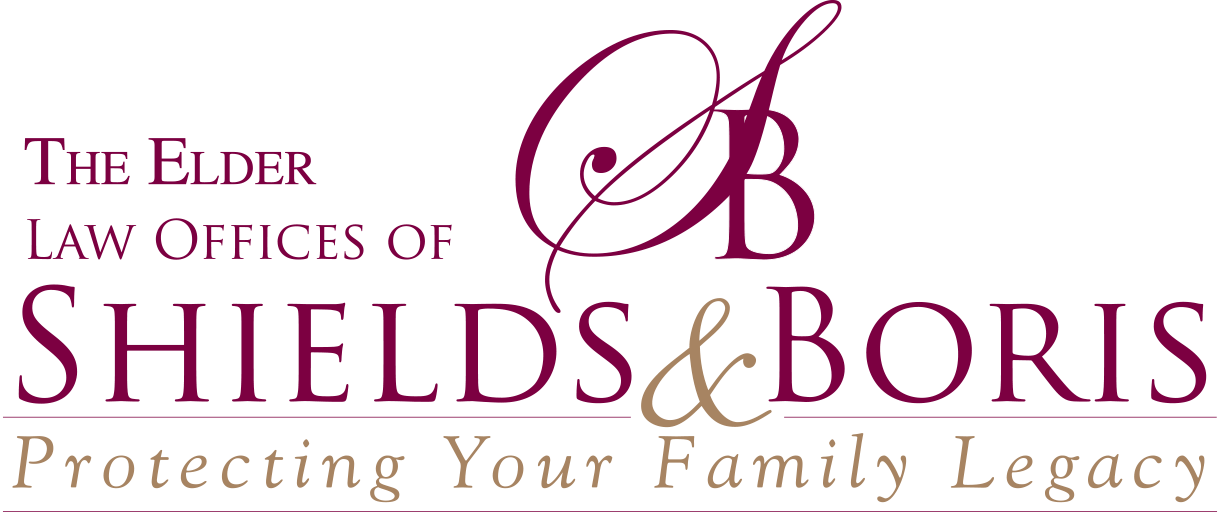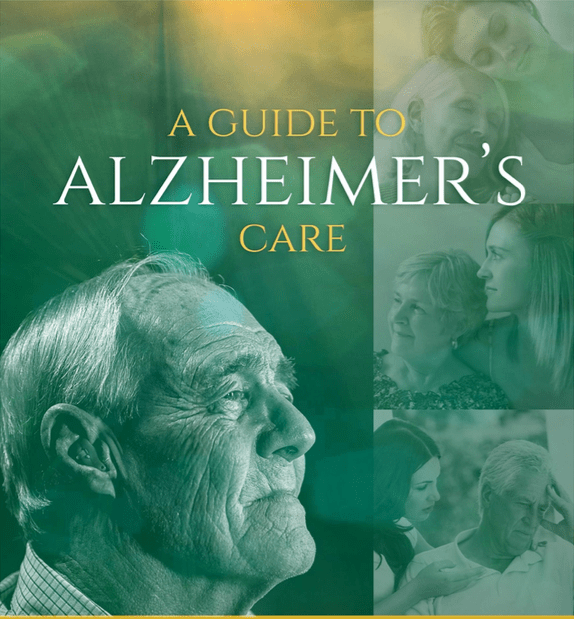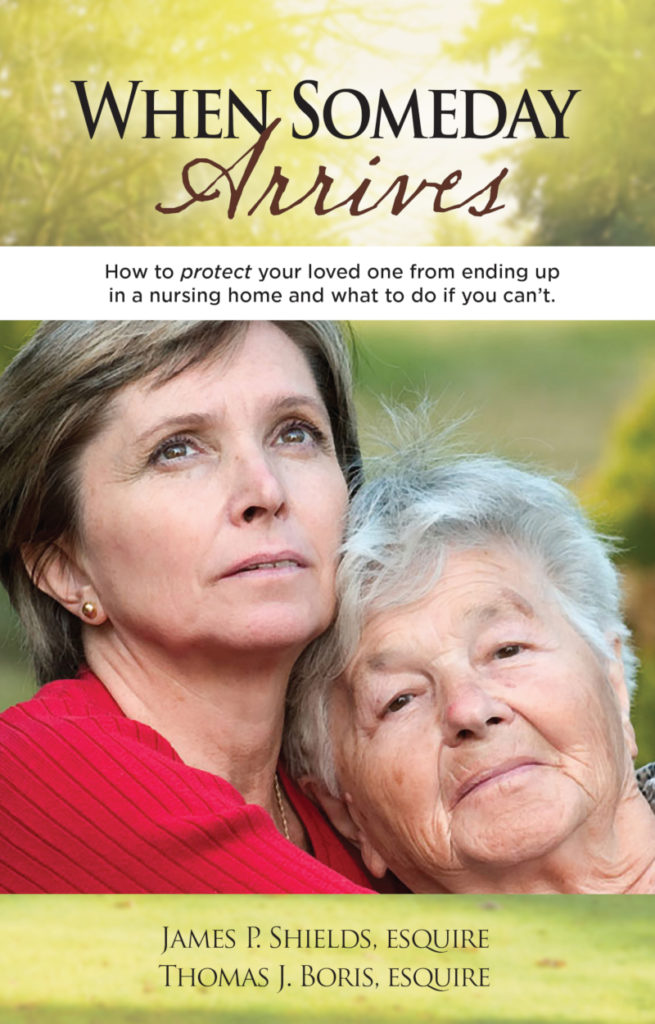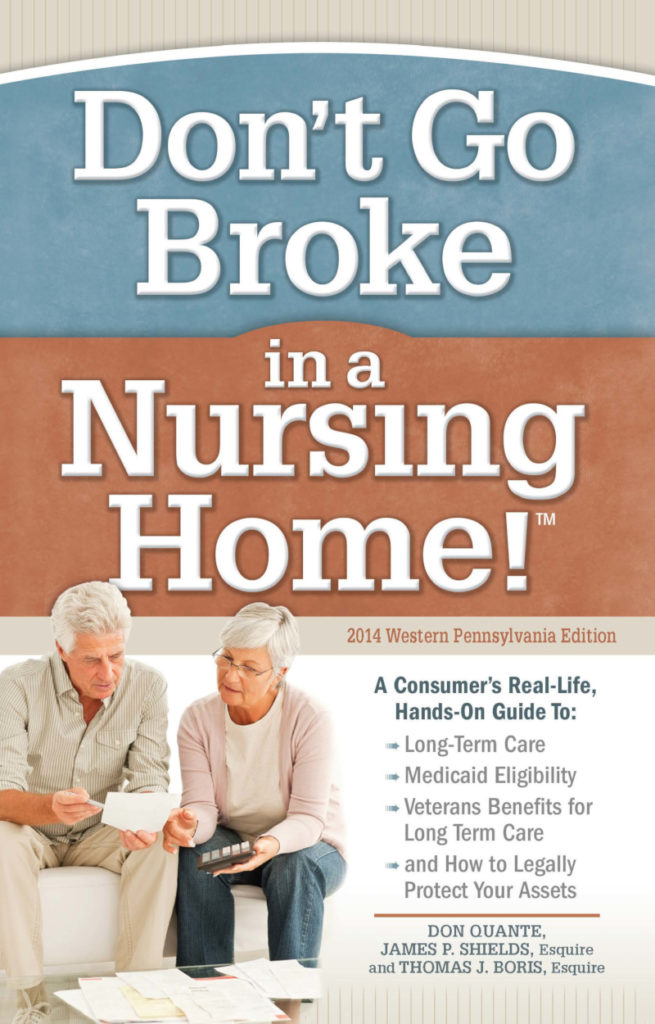Identifying Elder Neglect
Posted on July 13, 2023 by shieldsandboris
Elderly people need proper care. Unfortunately, elder neglect is a persistent problem—and it can put a vulnerable person at a serious health and safety risk. At The Elder Law Offices of Shields & Boris, our Pennsylvania elder law attorneys are committed to helping families with a wide range of elder law and estate planning matters. Below is an overview of the signs for identifying elder neglect and the steps to take if you believe that your loved one is at risk.
Elder Neglect is a Serious Problem
How common is elder abuse/elder neglect? Sadly, it happens far more often than many people realize. The National Council on Aging (NCOA) estimates that approximately 1 in 10 Americans over the age of 60 have personally endured some form of elder abuse or elder neglect. The NCOA notes that as many as five million American seniors may face abuse or neglect each year A study cited by the National Center on Elder Abuse (NCEA) estimated that fewer than five percent of elder abuse and elder neglect cases are ever reported. The true scope of the problem may be higher than is commonly understood.
Identifying Elder Neglect: Know the Signs
Elder neglect is a societal issue that far too often goes unnoticed. One of the core issues is that there is a lack of understanding of what elder neglect looks like and a lack of recognition of the early warning signs. By educating ourselves about these signs, we can take the first step in ensuring the safety and well-being of our senior loved ones. Here are the key signs of elder neglect to know:
Unusual or Sudden Weight Loss: Any sudden decrease in weight in an elderly person is an issue that requires follow-up. Rapid weight loss can be an indication of neglect, signaling inadequate food provision or care. It could also be a warning sign of an untreated underlying medical condition.
Poor Personal Hygiene: How is your elderly loved one’s hygiene? It is worse than it used to be? That is a big sign of a problem. Elder neglect may manifest itself in the form of poor hygiene, such as unkempt hair, body odor, or dirty clothing.
Untreated Medical Conditions: If the elder person's medical conditions are not being properly attended to or if there is a persistent lack of medical aids such as glasses or dentures, it may be a sign of neglect. All medical conditions require the proper care.
Changes in Mental Health: Look for signs of depression, withdrawal, or unusual fearfulness. These could signal emotional neglect or abuse. Be sure that you and your family are ready to follow up on any adverse mental health signs from your elderly loved one.
Poor Living Conditions: The condition of an elder's living environment can also point towards neglect. Signs may include unsanitary living conditions, lack of heat, or hazardous environments.
Frequent Injuries: Recurrent injuries like bruises, cuts, or burns, especially if they cannot be satisfactorily explained, could suggest neglect.
Isolation: If an elder is often left alone, ignored, or seems to be prevented from interacting with others, this may be a sign of neglect. Here is the issue: There is overwhelming evidence that social isolation is unhealthy for elderly people.
What to Do if You Believe an Elderly Loved One is Being Neglected
If you identify any of these signs and suspect elder neglect, it is crucial to act promptly to protect your vulnerable loved one. Remember, protecting our elders is a shared responsibility. By knowing the signs and steps to take in case of elder neglect, we contribute to the collective effort to ensure their safety and dignity. Be vigilant, proactive, and respectful in your actions, as these can make all the difference in the world to our elderly loved ones. Here are the six key steps you should take:
Take Any Necessary Emergency Action: If there is a medical emergency, those needs always take priority. If your elderly loved one needs emergency support, it is imperative that he or she receives the proper care.
Document the Signs: Keep a detailed record of all signs of neglect you observe. These records can serve as evidence if the situation escalates. The more information that you have, the better position you and your family will be in to get justice for your loved one.
Engage in a Conversation: Initiate a gentle, respectful conversation with the elderly person about your concerns, ensuring they feel heard and understood. Be sure to take his or her concerns seriously, with close consideration to doing what is best to protect them.
Discuss Your Concerns with Other Family Members or Close Friends: Involving other trusted individuals can help validate your concerns and share the responsibility of taking action. Taking on elder neglect can be a daunting task for one person. When possible, it is best to engage your family members and other loved ones in the process.
Report to Adult Protective Services (APS): If neglect is suspected, it is vital to report the situation to APS. They have the resources to assess the situation and intervene if necessary. You can report elder abuse or elder neglect directly to the Pennsylvania Department of Aging.
Consult a Pennsylvania Elder Law Attorney: In severe cases, legal intervention may be required. Elder law attorneys can provide advice on possible legal actions and help navigate complex situations. A nursing home, assisted living facility, or another at-fault party may be legally responsible for the harm—and damages—sustained by your vulnerable loved one.
Elder Law Firm Representing Clients in Western Pennsylvania
At The Elder Law Offices of Shields & Boris, we are a compassionate, solutions-driven elder law firm that is devoted to helping people and families find proactive solutions. If you have any questions about elder neglect, we are here as a legal resource. Call us at (724) 204-6628 or contact us online to arrange your completely confidential appointment with an experienced attorney. Our law firm provides elder law representation throughout Western Pennsylvania.




